Beat Childhood Obesity with Game-Based Workouts: A Fun and Healthy Approach
Childhood obesity is a growing concern worldwide, with nearly 1 in 5 American children living with obesity. This health condition doesn’t just impact physical wellness; it can affect self-esteem, academic performance, and long-term quality of life. The good news? Preventing obesity doesn’t have to feel like a chore. By transforming exercise into games, parents, teachers, and communities can inspire kids to move, laugh, and thrive.
One exciting tool in this movement is BoardGains, a game-based workout that turns fitness into play. By mixing fun, competition, and teamwork, it helps children develop healthy habits that last well beyond childhood.
Understanding Childhood Obesity
Why September Matters: National Childhood Obesity Awareness Month
Every September, communities across the United States observe National Childhood Obesity Awareness Month. The campaign encourages schools, families, and organizations to raise awareness, promote healthier choices, and create opportunities for children to be more active.
It’s a powerful reminder that prevention starts early—and that small, consistent steps can protect children’s futures.
The Health Risks of Childhood Obesity
Obesity in childhood is linked to multiple health issues, including:
- Type 2 diabetes
- High blood pressure and high cholesterol
- Sleep apnea and breathing problems
- Joint and bone issues
- Mental health struggles such as low confidence and anxiety
These risks can follow children into adulthood, underscoring the importance of early intervention and prevention.
The Power of Active Play in Preventing Obesity
Why Kids Respond Better to Games Than Workouts
Children often see “exercise” as boring or difficult. But when physical activity is presented as a game, it becomes exciting and enjoyable. Kids naturally love to compete, cooperate, and win rewards—making playful workouts far more motivating than traditional exercise routines.
Turning Fitness Into Fun Through Play
Games tap into curiosity and imagination. When kids laugh while moving, they’re more likely to stay active consistently, which is the key to long-term health.
Introducing BoardGains: A Game-Based Workout
BoardGains is designed to make fitness playful and interactive. Instead of telling children to “do push-ups,” you let them roll dice, move across a colorful board, and discover new challenges at every turn.
How the Game Works
Step 1: Set a Gains Goal
Each lap around the board equals one “gain.” Decide how many laps to complete—this sets the challenge level.
Step 2: Roll the Dice and Move
Players roll the dice and move their game piece across the board, creating suspense and excitement.
Step 3: Perform the Exercise
When a player lands on a space, they complete the exercise listed—whether it’s jumping jacks, squats, or a fun movement.
Step 4: Celebrate Progress
The first team or player to reach the gains goal wins, but every lap completed is a victory worth celebrating.
The September Gains Challenge
Daily Play for Families
Parents can host a September Gains Challenge by encouraging children to roll the dice every day. Track progress on a chart and reward consistency with small prizes or fun activities.
Classroom Integration and Parent Involvement
Teachers can incorporate BoardGains into physical education or recess. Inviting parents to join for family fitness game nights builds stronger connections while promoting active lifestyles.
Following Activity and Sleep Guidelines
Physical Activity Recommendations by Age
According to the Physical Activity Guidelines:
- Ages 3–5: Should be active throughout the day.
- Ages 6–17: Need at least 60 minutes of moderate to vigorous activity daily.
Simple activities like walking the dog, riding bikes, or dancing can count toward this goal.
Sleep and Screen Time Balance
Healthy routines extend beyond movement:
- Preschoolers (3–5 years): 10–13 hours of sleep
- Children (6–12 years): 9–12 hours of sleep
- Teens (13–17 years): 8–10 hours of sleep
Limiting screen time—especially before bed—improves both sleep and academic performance.
Making Healthy Choices Part of the Game
- Nutrition Cards: Encourage children to name healthy snacks or drink water.
- Sleep Spaces: Remind players to follow bedtime routines.
- Screen-Time Rules: Break up long TV or gaming sessions with quick exercise rolls.
- Preschool-Friendly Moves: Include hopping, crawling, or dancing for younger kids.
- Group Stations: Perfect for classrooms—set up multiple boards for team play.
Why Obesity Awareness Matters for the Future
Building Lifelong Healthy Habits
Children who develop healthy routines early—active play, balanced eating, quality sleep—are far more likely to maintain a healthy weight into adulthood.
Reducing Healthcare Costs and Risks
Preventing obesity saves families and communities from costly long-term health challenges, while boosting children’s well-being and confidence.
FAQs About Childhood Obesity and Game-Based Workouts
1. How does play-based exercise help fight childhood obesity?
It keeps kids engaged, motivated, and moving without feeling like a chore.
2. Can BoardGains be adapted for younger children?
Yes—replace intense moves with fun activities like hopping, crawling, or dancing.
3. How often should children play BoardGains?
Daily play, even in short sessions, supports consistent physical activity.
4. Do parents need equipment to start?
No—just the BoardGains setup, dice, and a willingness to play.
5. How can schools use BoardGains?
In classrooms, PE lessons, or after-school clubs, with multiple boards for group play.
6. Is sleep really linked to obesity prevention?
Yes—poor sleep disrupts hormones, increases appetite, and reduces energy for activity.
Conclusion: Turning Awareness Into Action
Childhood obesity is a serious issue, but prevention can be fun, engaging, and rewarding. By blending fitness, family time, and playful challenges, tools like BoardGains empower children to embrace active lifestyles.
This September, during National Childhood Obesity Awareness Month, families and schools have a perfect opportunity to roll the dice, move together, and celebrate healthy gains. Small steps taken today can shape a healthier tomorrow.
👉 For more details on Childhood Obesity Awareness Month, visit National Today.

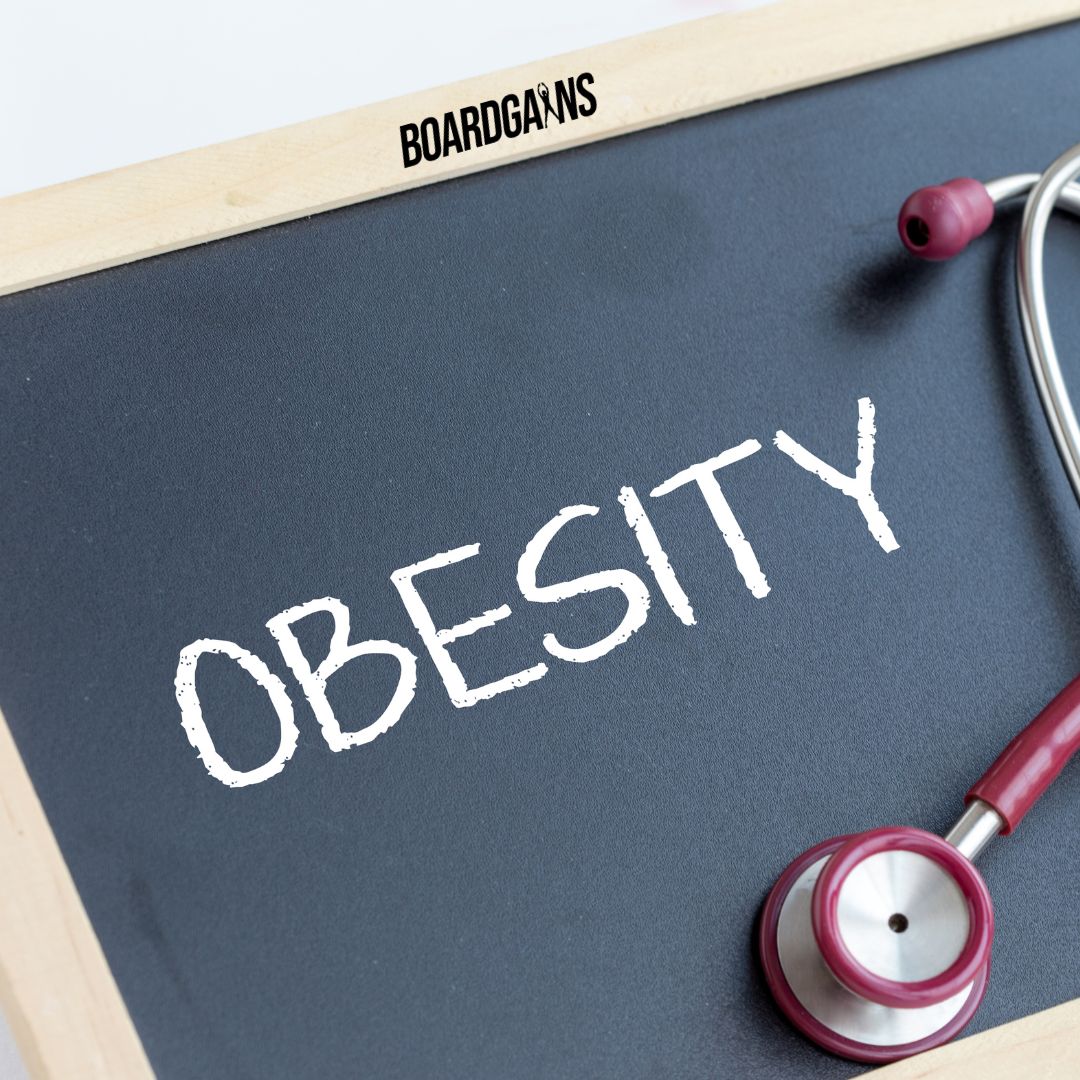
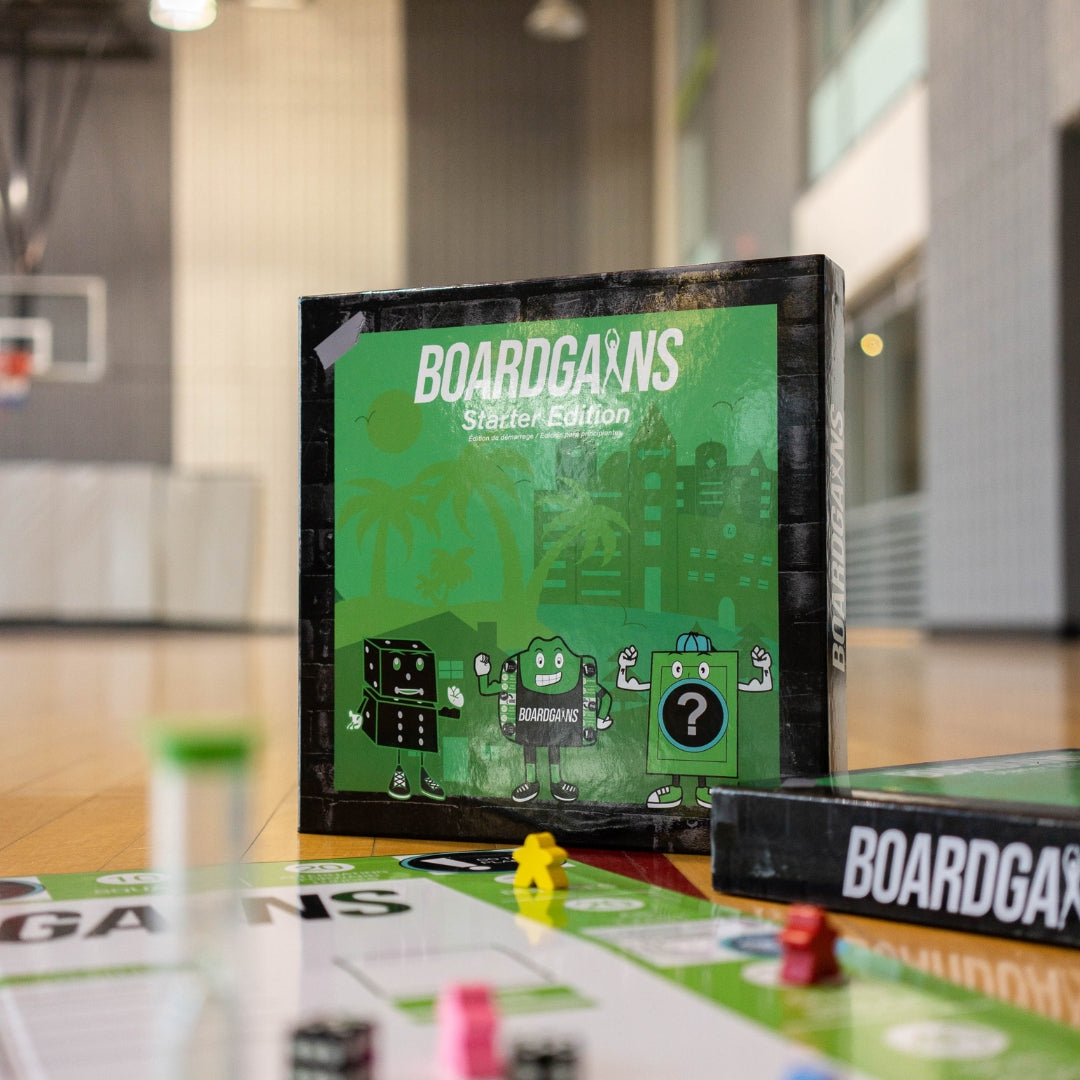

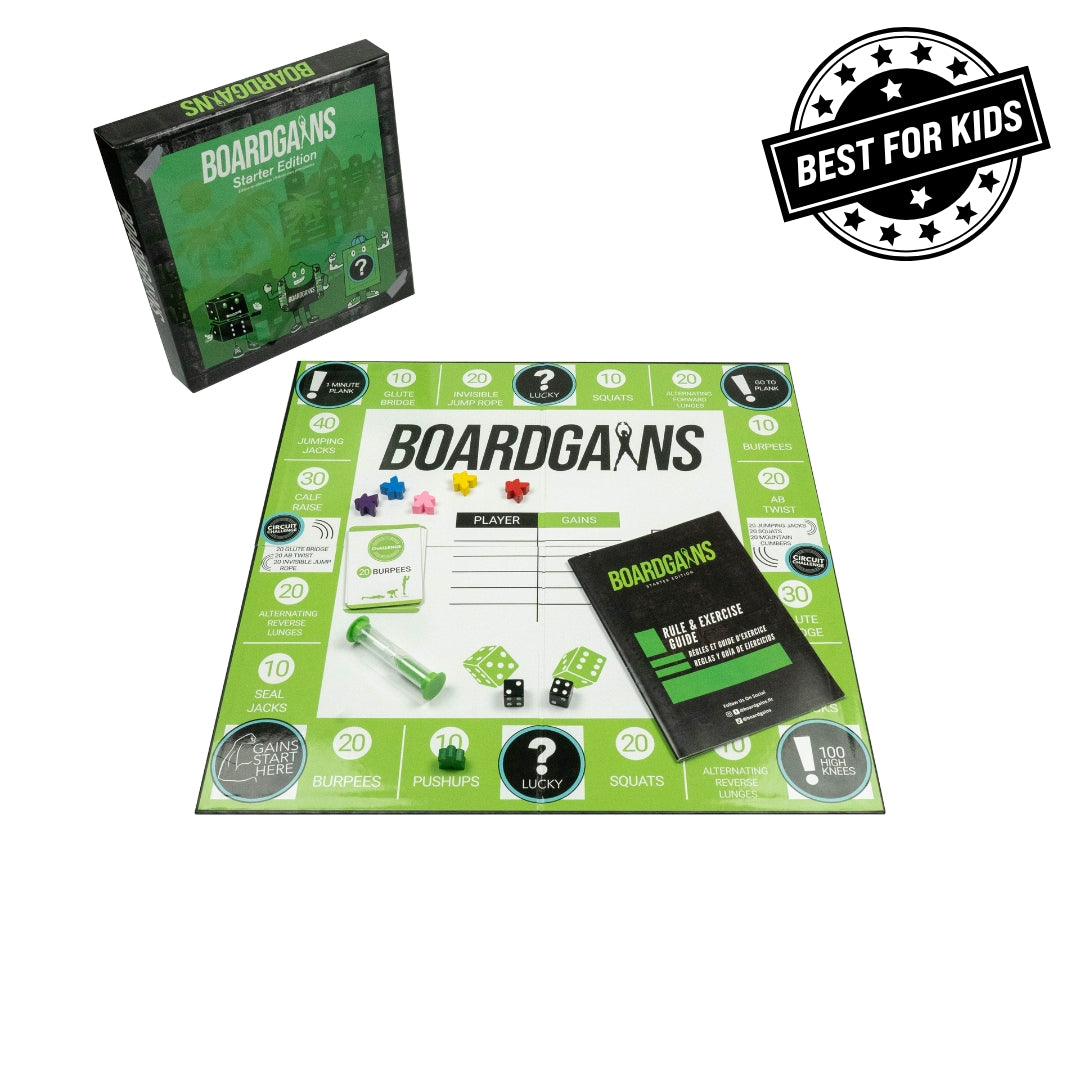
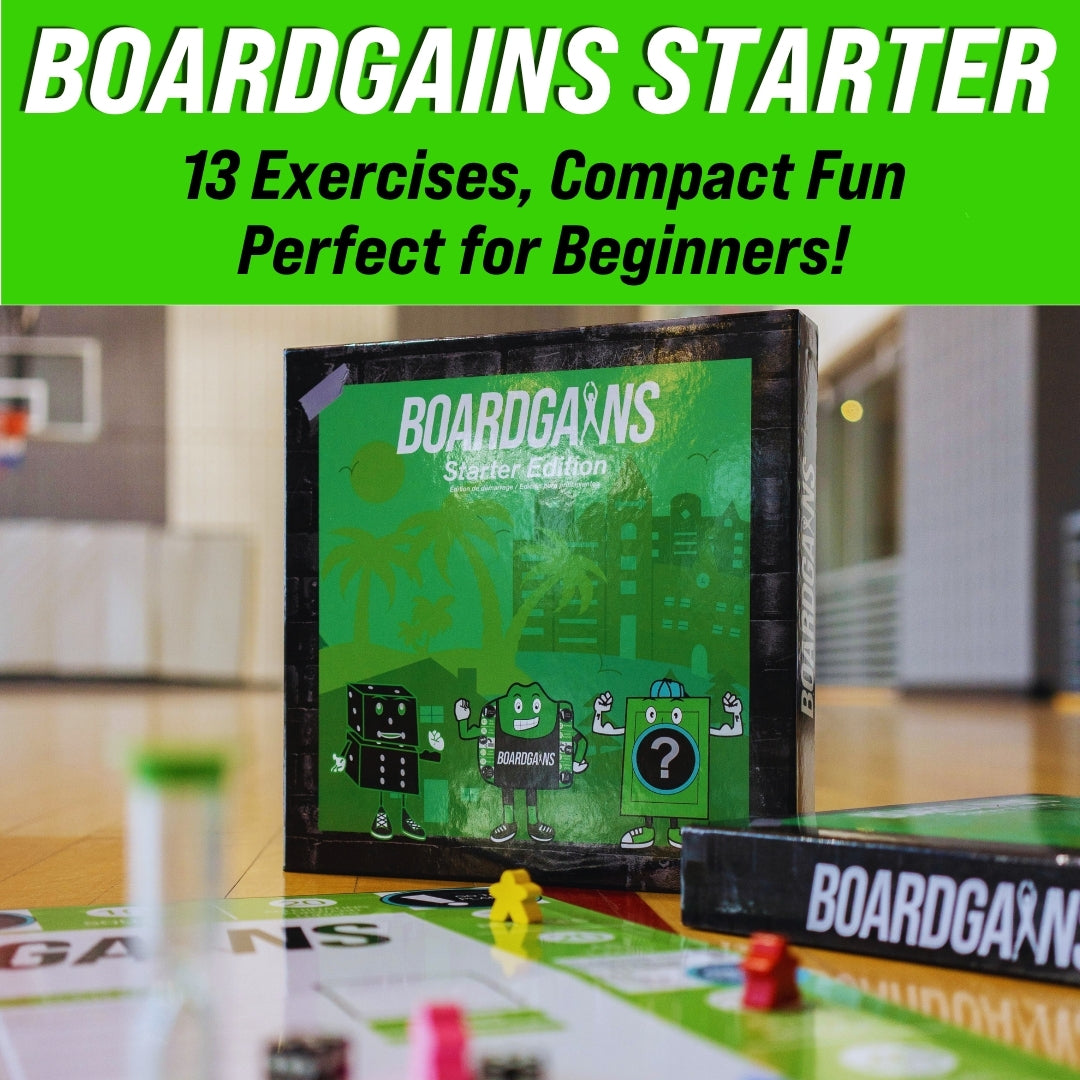
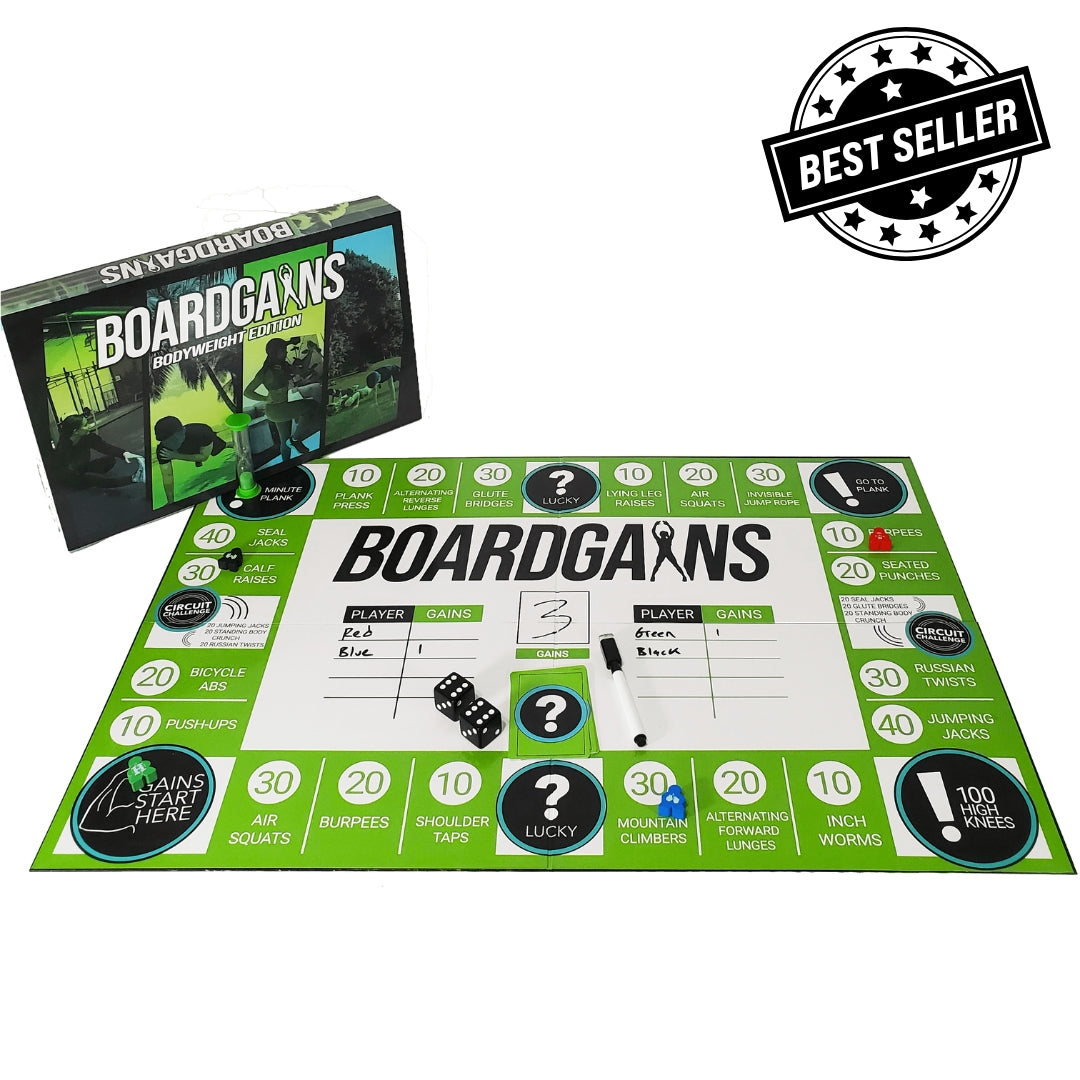
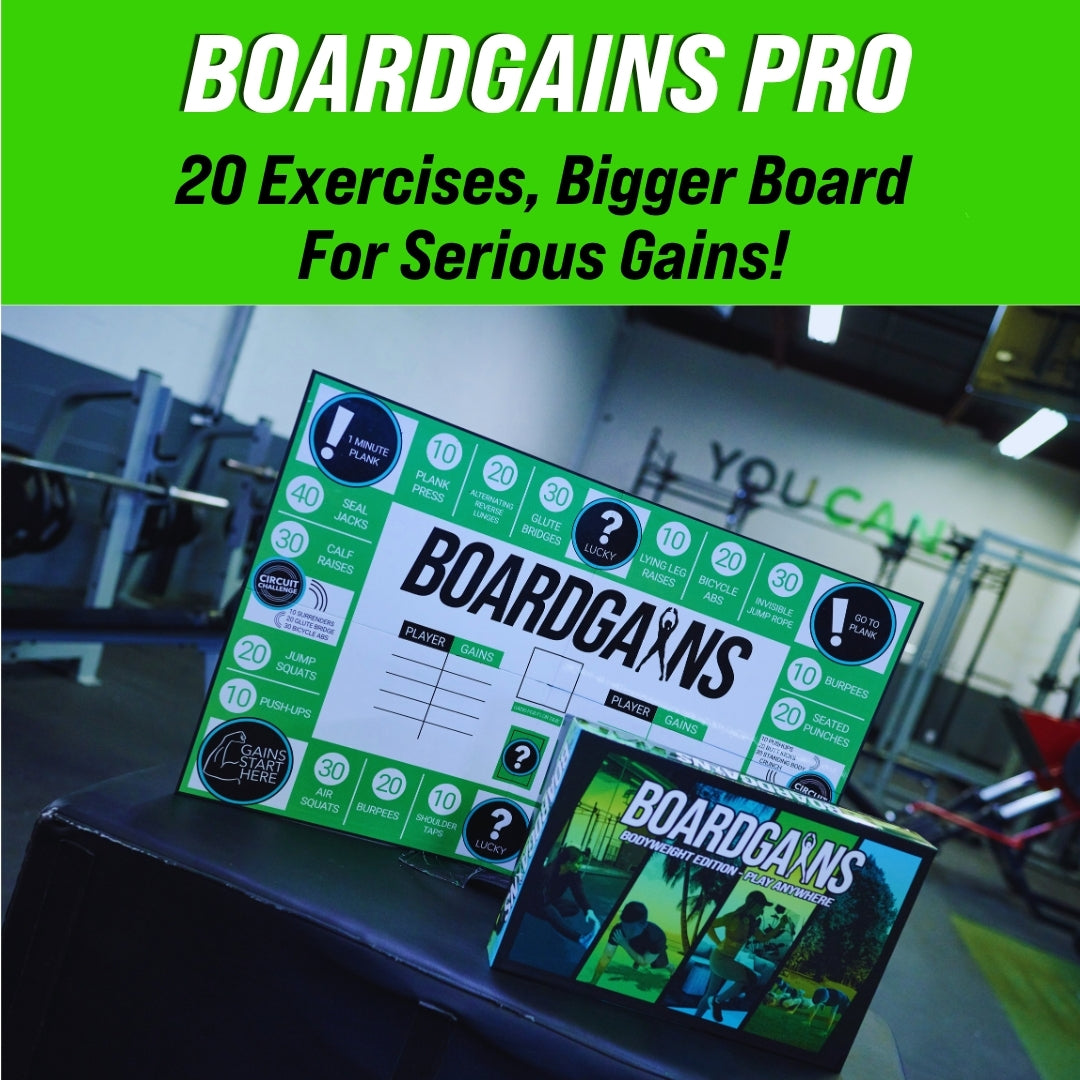
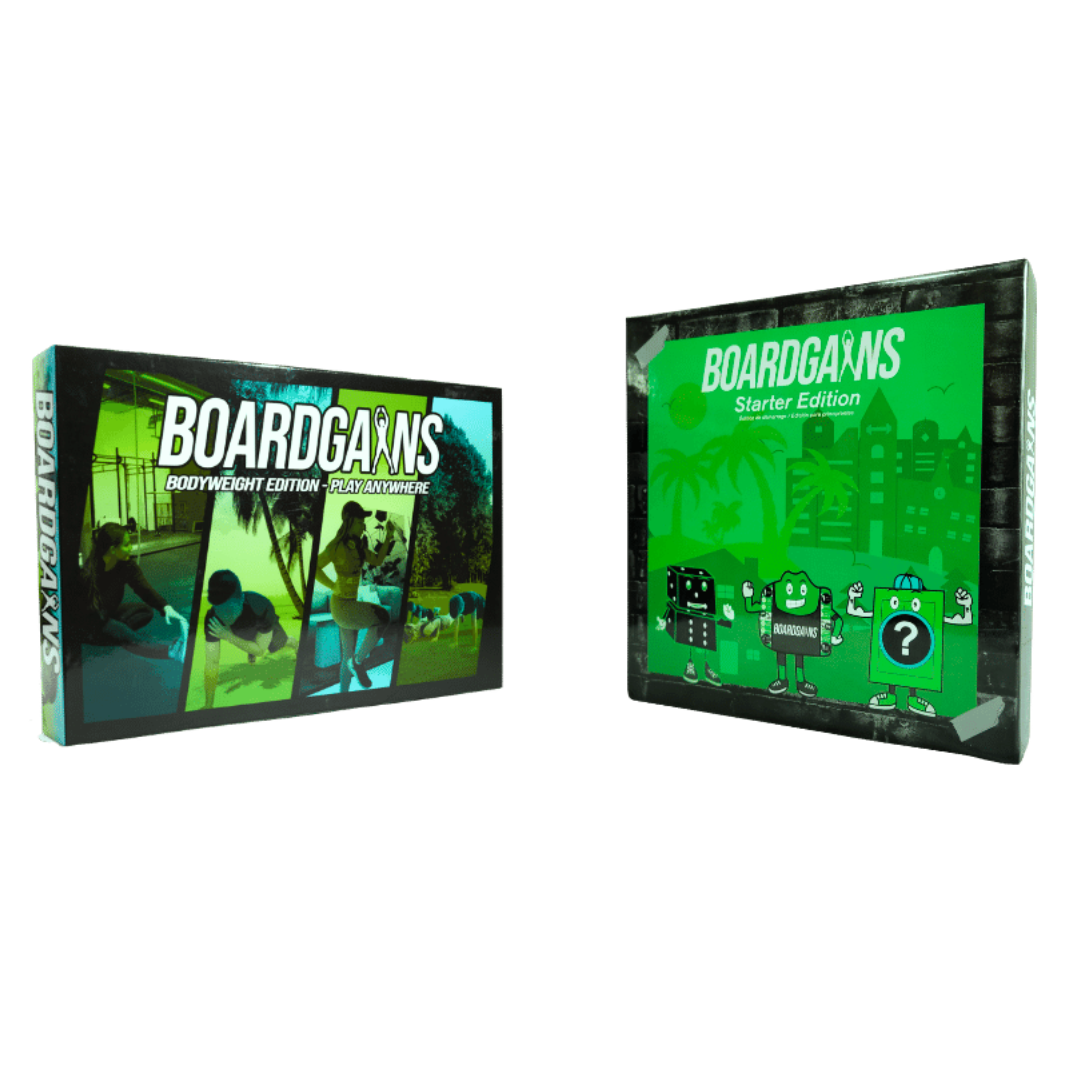
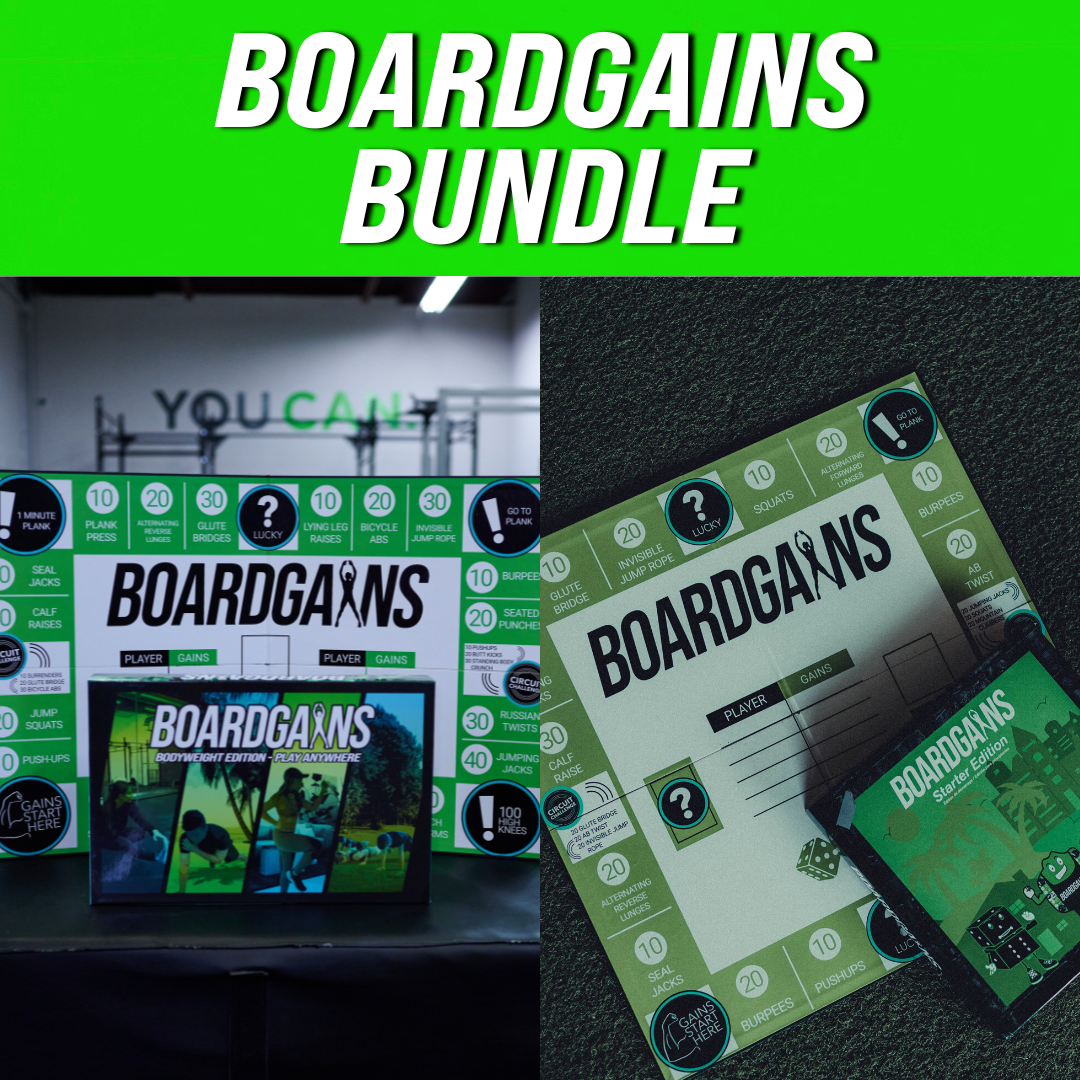
Leave a comment
This site is protected by hCaptcha and the hCaptcha Privacy Policy and Terms of Service apply.